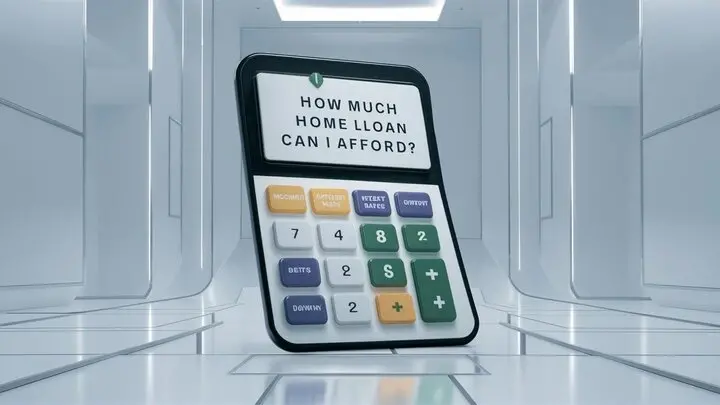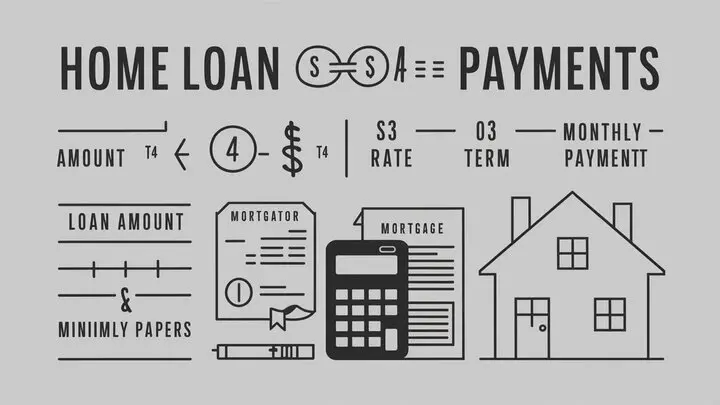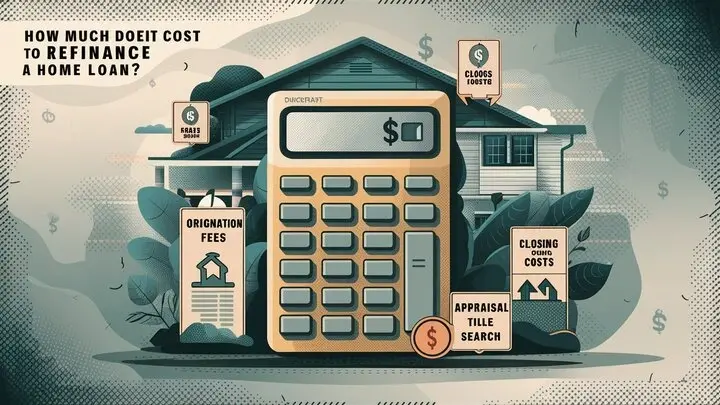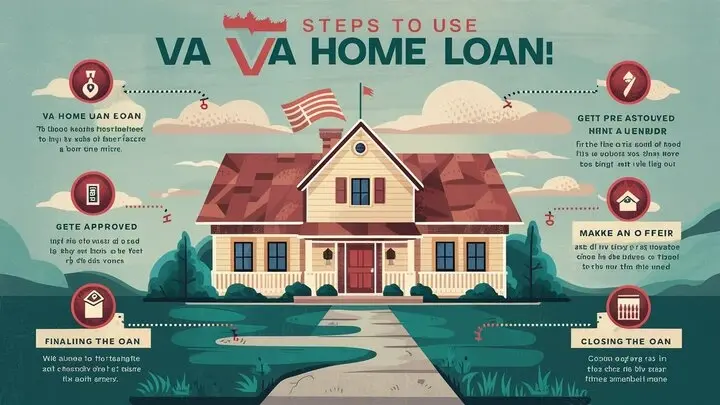-
Posted on: 23 Aug 2024

-
Obtaining a VA home loan is a great opportunity for military members and veterans planning to buy a house. This loan type does not need a down payment and usually comes with lower interest rates than most conventional loans. This makes them one of the cheapest sources of funds when compared to other types of loans. However, the fact that you can get a big VA loan doesn’t necessarily mean you can afford them in the first place. In as much as the VA loan is flexible when it comes to the home-purchasing process, it is important to consider the amount of home that one can afford as per one's financial ability.
Preapproval Amount vs Affordable Amount
VA loans let you borrow a certain amount depending on your income, credit score, other debts, and the housing market where you intend to purchase a home. However, just because a lender approves you for a certain loan amount does not mean that you should go out to borrow that amount or get into that much debt. The preapproval amount is an amount you might be eligible for, not the amount you can comfortably afford to pay. In brief, gross monthly housing costs, including the mortgage, property taxes, homeowners insurance, and HOA fees, should not exceed 28% of gross monthly income. This makes it easier to plan for other expenditures that may be required in the month.
Factors That Determine Affordability
When deciding how much house you can realistically afford with a VA home loan, consider these factors:
Gross monthly income - Your stable income defines your affordability level to a certain price range. There are common requirements that VA loans try to set a two-year employment history.
Other credit obligations – Your credit report and other debts such as credit card balances, auto loans, student loans, child support, and installment loans that affect the amount you can pay towards a monthly mortgage.
Down payment saving – Despite the VA loan not requiring the borrower to make a down payment, it is wise to have at least 5-10% of the amount you need to borrow as this can enable one to negotiate for a better interest rate that will, in turn, give you a better monthly repayment on the balance amount you require to borrow.
Closing costs – Closing cost expenses can range between 2 to 5 percent of the total loan amount you wish to borrow. Some of the closing costs are: origination fees, application fees, title fees, appraisal fees, credit report fees, attorney’s fees, and others.
Taxes and insurance- These two costs are bundled in the mortgage whereby the lending company pays them annually for you on behalf of the homeowner. Ask for the approximate cost of annual taxes and home insurance for the properties of your choice.
Taxes – If buying in a condo or homeowners association, there will also be monthly HOA fees. These include community facilities and maintenance. HOA fees should also be considered when developing a budget for your investment property.
Maintenance and utilities – Another cost which comes with owning a home is having to pay all the utility bills, repair, remodeling or even maintenance fees. These expenses accumulate every year.
Other necessary expenses – think through all your other regular monthly expenditures – food, transport, health, entertainment, clothes, etc. , and ensure that dedicating 28% of your income to housing will not leave you straining to afford your normal lifestyle.
Emergency fund – It is always advisable to have about three to six months of living expenses in an emergency fund before buying a house. Homeownership implies unpredictable costs for repairs and other situations in life when you suddenly lose some income.
Retirement savings – if you receive a matching retirement fund from your employer or would like to contribute towards an IRA, it is important to consider how much you are able to afford in mortgage payment while at the same time saving for your retirement.
Managing Debt-to-Income Ratio
Mortgage lenders do not only consider the quantity of the foreseen new housing payment when approving loans. It involves comparing the total amount of debt that you pay every month (debt-to-income ratio) against your income. This gives them a clearer perspective of whether you are in a position to comfortably absorb this new long-term debt responsibility. According to the conventional rules of thumb, the proposed new mortgage payment, along with all other monthly debt obligations, should not exceed 41% of the total gross monthly income. Reducing the existing credit cards, auto loans, student loans, and personal loans or even clearing a debt fully before applying for a mortgage can help increase home loan eligibility.
Still, there are several things that a person can do to ensure that he or she stays on track and does not overspend:
When you have assessed all these factors and come up with a reasonable price bracket and secured a rate with a lending agency, do not go overboard looking for a house within the fixed price range. One can be drawn in by granite counters and having thousands of square feet of living space. And, in the long run, you will be better off financially living in a house that you can afford rather than trying to live in a large ‘manor’. Here are some tips:
-
Always factor in estimated utility costs when looking for any home you are interested in. Some larger older homes can have steep heating and cooling bills – another cost to factor in.
-
Take a drive during rush hour to and from work to determine if the affordable homes would work for the daily commute.
- Take a friend with you when looking at homes to get an outside opinion on whether a home is within your means to keep up with or if it may be a little out of your range.
The initial processes that lead to the determination of an attainable price range that does not lead to house envy help prevent such tendencies and set one up for the long-term enjoyment of owning a house. In conclusion, it is crucial to weigh your VA loan preapproval letter against your whole financial portfolio. This makes sure that you end up in a home that you can manage to pay for for many more years in the future.
Raise your credit score effortlessly—dial (888) 803-7889 for professional help!
-










